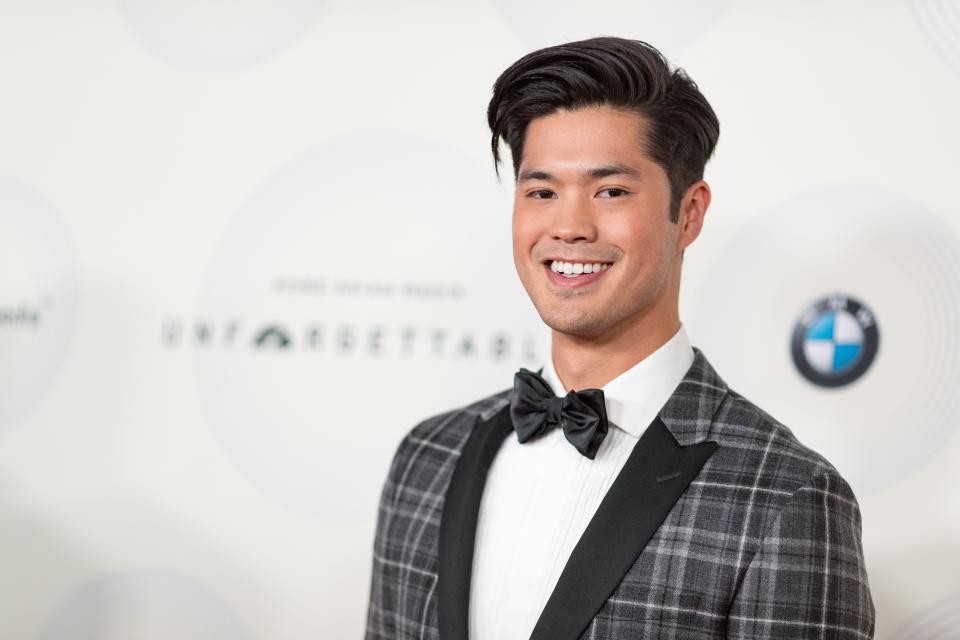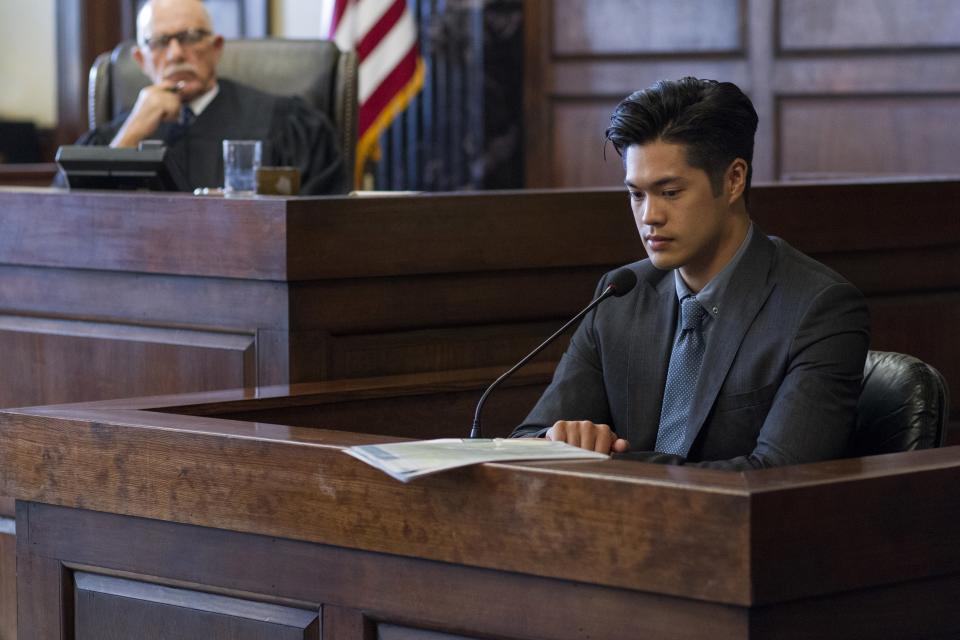Ross Butler on Shattering Asian-American Stereotypes in Hollywood and Fighting for Better Stories
Inclusion and diversity: two topics you’ve likely seen a ton of in the media over the past couple years. They’re both very important, but I also feel like studios are finally beginning to understand that minority groups won’t be quiet about being represented onscreen. And it’s absolutely working.
We’re finally seeing a diversity of faces popping up in popular culture that represent different ethnicities, genders, and sexualities. I couldn’t be more proud of what diverse communities have done so far in the fight for a space in the cultural sphere. To be on your television screen. To show up in the movies you’re watching at the theater. To finally be seen. But amidst all the chatter, I feel like there are some misunderstandings of what we’re striving for and why. I don’t speak for every single person who feels underrepresented, as I haven’t experienced — nor could I imagine to experience — the lives they live or how they feel. All I can do is explain why I fight for what I fight for in hopes that others may find common ground in my story.
Thanks to years of tropes and typecasting of Asian men in entertainment, you may make assumptions about me without even knowing me. If you see me walking down the street, I don’t want you to immediately pin me as a martial artist or a nerd without getting to know me. Sure, I may know martial arts and I may have nerd tendencies, but at least buy me a coffee and find those things out before just assuming. You’ll also learn I play guitar, not violin, and I practice capoeira, not Tae Kwon Do. At the same time, there are plenty of Asian-Americans out there who do play the violin or have their black belt, but that doesn’t mean every single one of us does. If Asians were better represented onscreen, perhaps you wouldn’t be as likely to have preconceived notions about me or put me in a box.

16th Annual Unforgettable Gala - Arrivals
How many times have you seen an Asian-American actor play the romantic lead? A villain that isn’t one-note? What about a character whose function was more nuanced than that? If you’re a white, straight, cisgender person, there are so many different characters and experiences that have been depicted by people who look like you that you can practically choose whatever character you wish to relate to. Blonde and blue-eyed? Take your pick! Every year, Hollywood offers a whole spectrum of movies and TV shows starring white protagonists, and those characters still get the lion’s share of speaking roles.
Yet if you happen to be Asian — or any other racial minority — you’re asked to relate to the white characters as a default. And a big problem is that people want to see themselves reflected both accurately and fairly in the entertainment they watch. They don’t like stereotypes, especially when those lead to judgment as something they are not.
But I’ll say something that you probably haven’t heard so much: Do I think every show and movie should be about minorities going forward? No. I’m not disillusioned. Hollywood will always make movies about white characters; we’re simply asking that we have our share of options, in addition to those stories. I realize that the majority of America identifies as white, and that not every high school clique has a “token” minority friend. But the fact that these inoculated pockets of America still exist is proof that we need diverse storytelling; if left to their own ways, those white groups could just get whiter, and their prejudices could grow deeper.
Look, we don’t want to disproportionately represent ourselves. We want real, nonstereotypical stories, with narratives that have long been cast off as side characters — those plot lines should be moved to the center. People of color and other minority groups have interesting things happening to them all the time! And these events aren't always related to their race! These are the real stories that can change people's perceptions of minorities for the better. A change of this order would show us that we don’t have to adhere to the stereotypes set for us by society, and in turn, could help eradicate the stereotypes we despise.
I think there’s a right way and a wrong way to do this. The right way is to encourage studios to make movies and TV shows with minorities at the center with REAL situations and REAL stakes. Additionally, filmmakers and showrunners need to learn to protect the source material. If changing someone’s race doesn’t work with with the source material, DON’T DO IT. A perfect example would be the Japanese animated film Akira. It’s a film that's representative of Japanese culture and history. It’s iconically Japanese. So don’t try to make it something it’s not by making the lead non-Asian and placing it in America. That's disrespectful — to both the source material and the audience. Trust that your white audience can and will relate to characters who don’t look like them. You’ve asked the same of nonwhite pop-culture fans for decades.

2
But when it comes to texts that were created when there was a more narrow idea of what the world looks like, there’s a space to update them so they better reflect the world today. Case in point: My character on Riverdale, Reggie, was originally white. But with me in the role, it helped depict reality. It makes sense that a high school jock can be Asian-American because we exist. When casting directors choose a person of color to play a white role, it’s not because they’re just trying "to meet a quota." It drives a conversation forward.
Movies and TV shows are incredibly influential on how we talk, act, dress, date, and live. We take cues from our favorite characters that we relate to because we feel they say things that we have always wanted to say or look at the world in a light that resonates with us. Characters also inform viewers on how people they aren’t familiar with talk, act, dress, date, and live. If the actors and writers and directors are talented, we get immersed in these images we see onscreen, and they stay with us. We’re pushing so hard for inclusion and diversity so that these stories are accurate and better mirror the world we live in. And that’s why I’m excited that everything is finally changing for the better.
Ross Butler is an actor who stars on 13 Reasons Why as Zach Dempsey and will be in the upcoming movie Shazam!. He has also appeared on Riverdale, Teen Wolf, and more.
Get the Teen Vogue Take. Sign up for the Teen Vogue weekly email.
Related: You Need to See Ross Butler's Take on His 13 Reasons Why Meme

